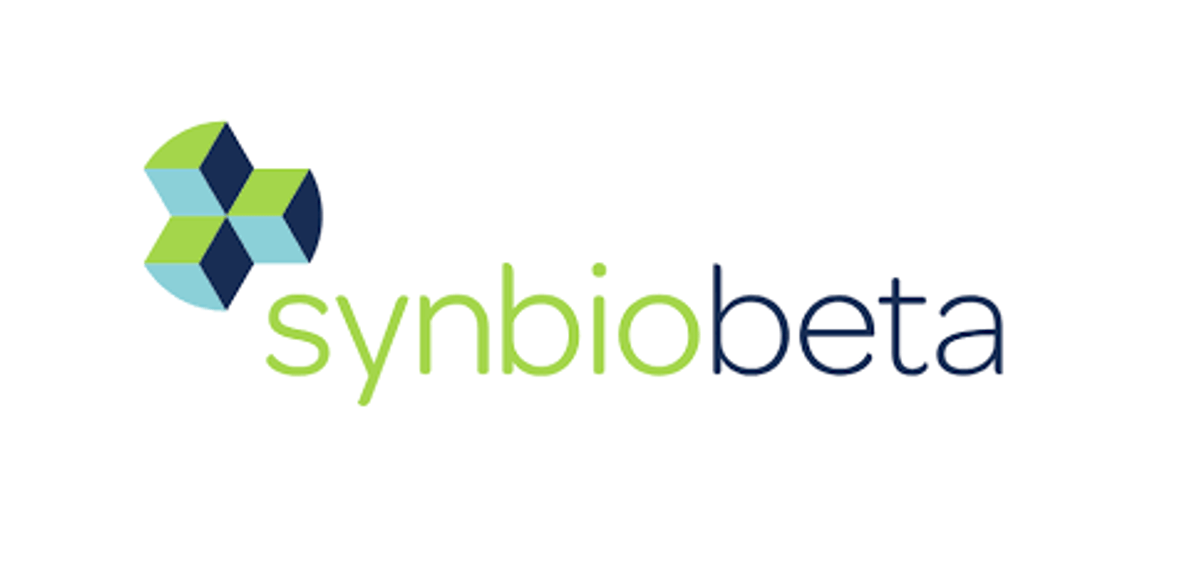In the heart of Boston, amidst the intellectual hum of scientific innovation, Pepper Bio, self-styled as the “Google Maps for drug discovery,” has emerged as a groundbreaking entity in the realm of pharmaceutical exploration. On November 30, 2023, the company proudly announced an impressively oversubscribed seed funding round, amassing $6.5 million. This financial infusion, spearheaded by NFX and bolstered by contributions from an array of investors including Silverton Partners, Merck Digital Sciences Studio, Mana Ventures, Tensility Ventures, VSC Ventures, and more, marks a pivotal moment in the firm’s trajectory.
Pepper Bio stands as the world’s inaugural transomics enterprise, a pioneer in the intricate art of mapping and interpreting data across the diverse -omics strata – genomics, transcriptomics, proteomics, and phosphoproteomics. This innovative approach is akin to the multifaceted data amalgamation of Google Maps, which synthesizes traffic, weather, and road closure information to guide drivers. Similarly, Pepper’s COMPASS platform offers researchers a comprehensive vista of disease impacts on biology, merging layers of biological data to expedite the journey towards new drug discoveries, novel therapeutic applications, and the revival of potentially forsaken drugs.
The distinctive edge of Pepper Bio lies in its capability to observe the real-time functionality of proteins within biological systems, transcending beyond the conventional scope of mere presence, type, and quantity assessment. This profound insight, unveiled through the COMPASS platform, is a beacon in the drug development process, offering a nuanced understanding of protein functions and thereby reshaping the methodologies of drug construction and development. Such transomic analysis is a boon to researchers, granting them the foresight to identify the most promising treatments early in the drug discovery phase, significantly curtailing the journey from research to clinical trials.
This advancement comes at a critical juncture in the realm of drug discovery, a field plagued by inefficiencies, marked by a meager 3% success rate for new drugs and a daunting decade-long journey to bring treatments to market. In a domain where individuals with untreated diseases linger in hope for elusive solutions, Pepper Bio’s innovations offer a beacon of efficiency and expedience, potentially reshaping the landscape of research and development, particularly in the context of rare, complex, and hitherto ‘untreatable’ diseases.
Jon Hu, co-founder and CEO of Pepper Bio, encapsulates this sentiment in his reflection on the company’s journey: “Today marks a significant milestone for us at Pepper Bio. Drug discovery faces historically low success—leaving so many individuals grappling with untreated diseases and uncertainty,” he states. “This funding will enable us to expand our platform capabilities, further support our current pharma partnerships, and build out our internal pipeline.”
Since its emergence from stealth in 2021, Pepper Bio has been deeply engaged in research and partnerships, focusing on pharmaceutical collaborations in the realms of oncology, neurodegenerative disorders, and inflammatory diseases.
Dr. Omri Drory, Ph.D., General Partner at NFX Bio, elucidates the transformative potential of Pepper’s platform: “By integrating a 360-view of data across multiple biological layers, Pepper’s platform gives pharma companies a significantly better map of both pre-clinical and late-stage clinical decisions,” he explains. “We have strong conviction in Jon, Samantha, and the Pepper Bio team’s ability to deliver novel lifesaving treatments to millions of people around the world.”
In the current year, Pepper Bio has forged partnerships with a top-tier U.S. pharmaceutical company and a major international pharmaceutical entity, and has been an integral part of the inaugural Merck Digital Sciences Studio (MDSS) cohort, which focuses on nurturing and financing avant-garde drug discovery and development technologies. In addition, the company has been collaboratively engaged with Stanford’s Felsher Lab, employing its technology to pinpoint and validate novel therapeutic targets for hepatocellular carcinoma and lymphoma.


